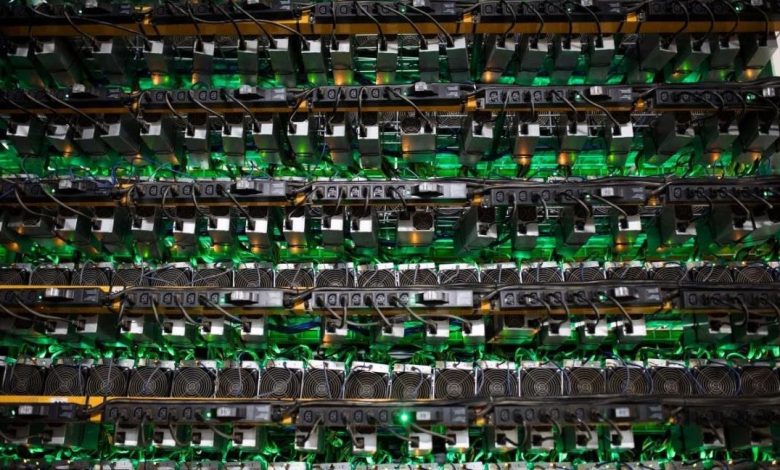Bitcoin Mining: A Guide to Earning Cryptocurrency

Bitcoin Mining: A Guide to Earning Cryptocurrency
What is Bitcoin Mining?
Bitcoin mining is the process of validating and verifying transactions on the Bitcoin network by solving complex mathematical puzzles. Miners use powerful computers to compete with each other and confirm new transactions. In return for their efforts, miners are rewarded with newly minted bitcoins.
How Does Bitcoin Mining Work?
1. Validating transactions
Miners collect pending transactions from the Bitcoin mempool and bundle them into a block. They then verify the authenticity and accuracy of each transaction.
2. Creating a hash
Once the transactions are validated, miners use powerful hardware to solve complex mathematical puzzles. The goal is to find a specific hash value that satisfies specific criteria set by the Bitcoin network.
3. Adding the block to the blockchain
The first miner to solve the puzzle and find the correct hash gets to add their block of transactions to the blockchain. This block is then propagated to other nodes in the network, and the process starts again.
Can I Mine Bitcoin?
1. Hardware requirements
Mining Bitcoin requires specialized hardware known as ASIC (Application-Specific Integrated Circuit) miners. These machines are designed specifically for mining cryptocurrencies and provide the processing power needed to compete in mining pools effectively.
2. Electricity cost
Bitcoin mining consumes a significant amount of electricity due to the computational power required. It’s essential to calculate the electricity cost in your area and ensure that it aligns with your mining profits.
3. Mining pools
Joining a mining pool can increase your chances of earning Bitcoin. Mining pools are groups of miners who combine computational power, increasing the chances of solving mathematical puzzles and earning rewards.
Is Bitcoin Mining Profitable?
The profitability of Bitcoin mining depends on various factors, including electricity costs, hardware efficiency, and the price of Bitcoin itself. It’s crucial to calculate potential profits before investing in mining equipment. Online profitability calculators can help you estimate your earnings based on your mining setup.
FAQs (Frequently Asked Questions)
Q: How long does it take to mine one Bitcoin?
A: The time it takes to mine one Bitcoin can vary, as it depends on factors such as the mining difficulty, the hashing power of your equipment, and whether you mine individually or as part of a mining pool. On average, it takes around 10 minutes to mine a block, which currently rewards 6.25 bitcoins.
Q: Can I mine Bitcoin on my regular computer?
A: Bitcoin mining requires specialized hardware due to the high computational power needed. Mining with a regular computer or laptop is not recommended, as it may not be powerful enough to compete with dedicated miners.
Q: Is Bitcoin mining legal?
A: The legality of Bitcoin mining varies from country to country. In most countries, mining Bitcoin is legal, but regulations regarding taxation and energy consumption may apply. It’s essential to check local laws and regulations before engaging in mining activities.
Q: How do I choose a mining pool?
A: When selecting a mining pool, consider factors such as the pool’s reputation, fees, payment methods, and the size of the pool’s network. It’s also beneficial to join a pool with servers near your location to reduce network latency.
Conclusion
Bitcoin mining can be a profitable venture if approached with the right hardware, electricity costs, and mining pool selection. It’s crucial to consider the initial investment, ongoing expenses, and the potential risks before diving into Bitcoin mining. Stay informed about the latest trends and developments in the mining industry to optimize your earnings.



